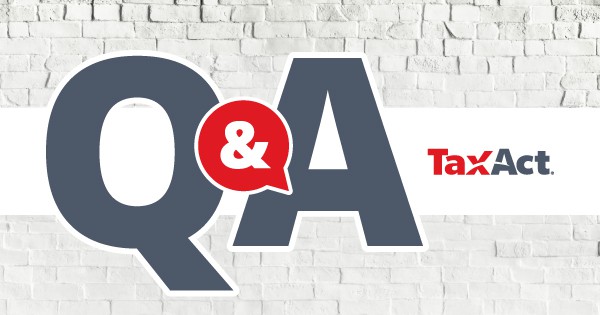To itemize or not to itemize? This is a question many taxpayers find themselves asking when tax season rolls around.
Thankfully, deciding whether you should itemize your deductions or take the standard deduction is usually straightforward. The main question you need to answer is: “Which method leads to a greater tax deduction for me?”
The standard deduction explained: What is the standard deduction?
The standard deduction is essentially a federal income tax freebie for everyone — it’s a flat dollar-for-dollar reduction of your taxable income, no matter your tax bracket.
Any American taxpayer can take the standard deduction. How much you can deduct depends on your tax filing status. Here are the standard deduction amounts for filers in tax years 2024 and 2025:
| Tax filing status | Standard deduction 2024 | Standard deduction 2025 |
|---|---|---|
| Single | $14,600 | $15,750 |
| Head of Household | $21,900 | $23,625 |
| Married filing jointly and surviving spouse | $29,200 | $31,500 |
| Married filing separately | $14,600 | $15,750 |
Most taxpayers tend to take the standard deduction because it’s easy to do, and their itemized deductions wouldn’t end up being greater than their standard deduction anyway.
As you can see in the table above, the standard deduction typically increases every year to keep up with inflation. It can also be worth more in certain circumstances, like for taxpayers who are blind or over age 65.
If you aren’t sure what standard deduction amount you qualify for, try using the IRS How Much Is My Standard Deduction? tool.
Above-the-line deductions
Sometimes you can take other tax deductions in addition to the standard deduction. These are called above-the-line deductions. Some common above-the-line deductible expenses include:
- Student loan interest
- Educator expenses
- Health insurance deduction
- Half of self-employment taxes
- Health Savings Account (HSA) deductions
Itemized deductions explained: What are itemized deductions?
Unlike the standard deduction, itemized deductions are different for everyone depending on your tax situation and how much you spent on qualified deductions during the tax year.
Some common itemized deductions include:
Basically, add up all your possible itemized deductions. Is the amount greater than your standard deduction would be? If so, you could probably save money on your tax bill from itemizing this year! You can do this by using Schedule A when filling out your income tax return.
Just know that reporting every qualified itemized deduction can take a while. It takes patience and good recordkeeping throughout the year to ensure you’re maximizing your savings and not forgetting any deductions.
Pros and cons of standard vs. itemized deductions
| Standard deduction | Itemized deductions | |
|---|---|---|
| Pros |
|
|
| Cons |
|
|
The bottom line
To maximize your tax savings, you should run the numbers both ways and choose the method that gives you the largest deduction.
- Are your itemized deductions greater than your standard deduction? If so, itemizing would save you money in most cases.
- Are your itemized deductions less than your standard deduction? If so, you’re better off taking the standard deduction.
When you use TaxAct® as your tax preparation software, we can help you add up all your itemized deductions. This way, you’ll easily be able to see if itemizing would result in a better tax benefit than taking the standard deduction. No need to be a personal finance professional or a tax pro — we’ll help you file with ease this season.

